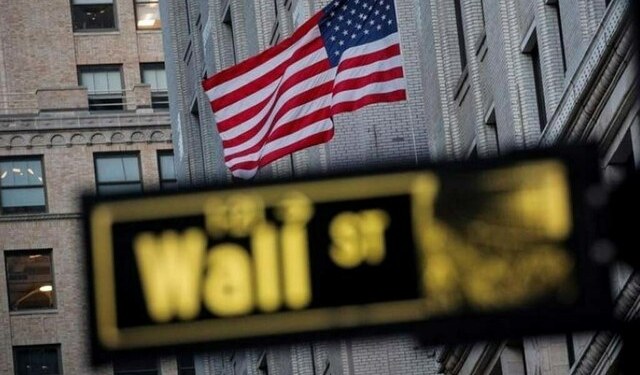BRIDGETOWN (Reuters) – Barbados’ recently elected prime minister, Mia Mottley, will seek to restructure the Caribbean island’s public debt, suspend payments due on debts owed to external commercial creditors and receive an International Monetary Fund (IMF) mission next week.
Mottley, who was elected in May as Barbados’ first female prime minister, said on Saturday in a televised address that her government had inherited more than $15 billion Barbadian dollars in public debt.
“After extensive consultations in the last week with our social partners within our government I announce today that we will seek the cooperation of our domestic and external creditors in the restructuring of our public debt,” Mottley said.
“From today, we are suspending payments due on debts owed to external commercial creditors. Similarly we will endeavor to make scheduled domestic interest payments. However, domestic creditors will be asked to roll over principal maturities until we reach a restructuring agreement,” Mottley added.
Additionally, corrective economic and fiscal measures will be introduced within two weeks to help put public debt on a sustainable footing.
Mottley said she had spoken to IMF Managing Director Christine Lagarde, who in turn promised the necessary assistance and support for the proposed actions.
An IMF mission is expected to arrive in Bridgetown to discuss the planned measures as early as Tuesday.
“An IMF team led by Bert van Selm will be visiting Bridgetown to start discussions on how the Fund can support the authorities’ economic plan. Our ultimate goal is to help Barbados achieve higher living standards and more inclusive growth for the years ahead,” Lagarde said in a statement.
Fusion Media or anyone involved with Fusion Media will not accept any liability for loss or damage as a result of reliance on the information including data, quotes, charts and buy/sell signals contained within this website. Please be fully informed regarding the risks and costs associated with trading the financial markets, it is one of the riskiest investment forms possible.
Source: Investing.com


























